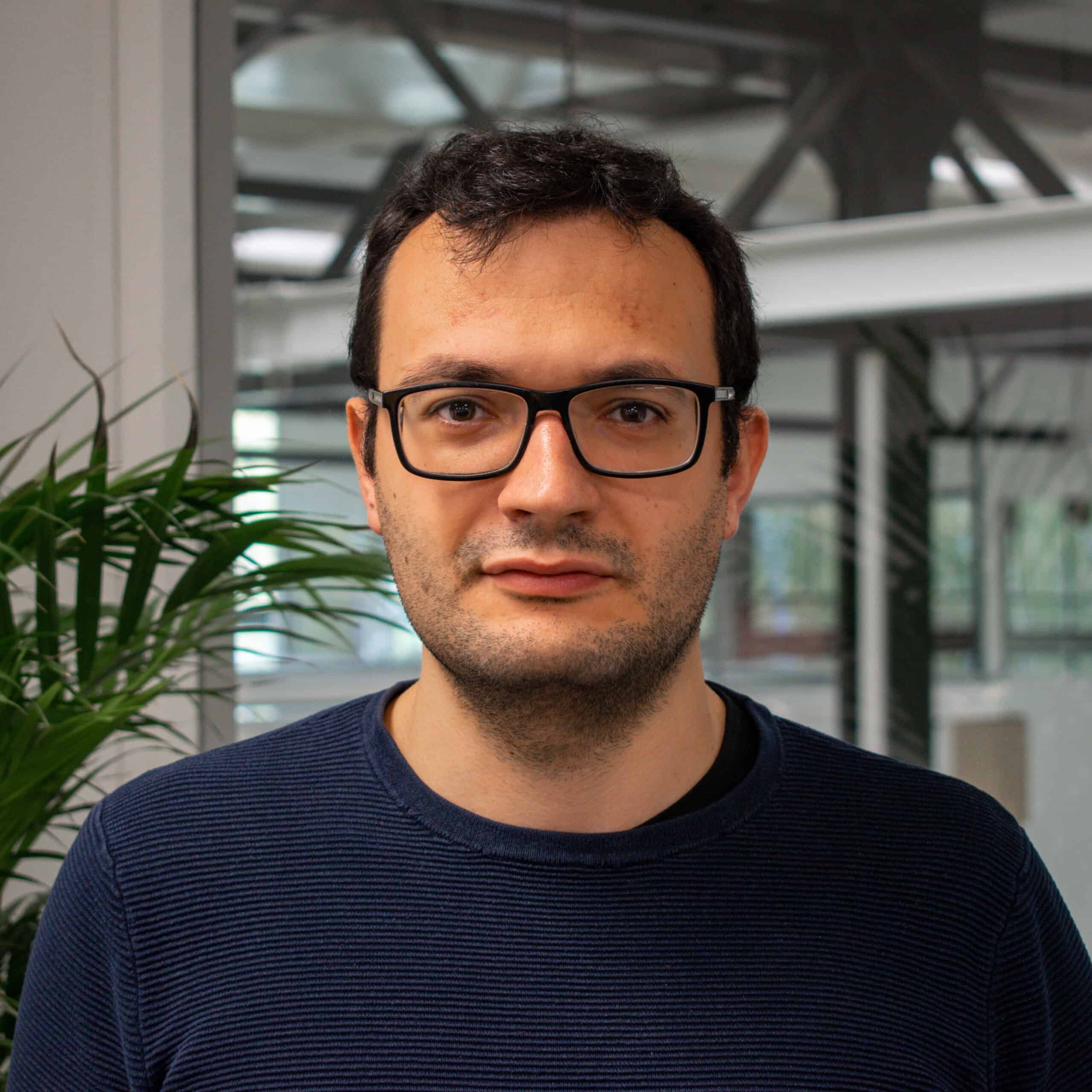
The United Nations Climate Conference (COP26) in Glasgow is being held in the year that the European Union is demonstrably committed to making the continent more sustainable. During the climate summit, Innovation Origins is zooming in on Italy. This country receives about 20 percent of the money from the Next Generation EU fund that links recovery from the corona pandemic to sustainability.
In this part of the series, we focus on a promising Italian start-up.
Insulating noise is necessary when living close to railways. However, annoying sounds are everywhere. When driving, when the washing machine is in its spin cycle, or in offices with hundreds of co-workers all on the phone. As they find new ways to address this problem, companies are managing to make their products sustainable while improving their insulating properties.
In addressing both of these aspects, Phononic Vibes has developed a technology that is capable of insulating and absorbing noise and vibrations. Their products have unmatched sound-canceling properties, as their metamaterial design enables them to go beyond the properties that each material has.
The use of recycled and environmentally friendly materials forms the basis of every solution designed by this Italian start-up. In fact, the plastics, steel, and aluminum they use have all been repurposed. Next to the R&D target to make the products as effective as possible, the use of recycled materials was also never in doubt.
“For us, it is not a question of being environmentally friendly because it is ‘nice to be like that’. A circular economy approach has always been the baseline for Phononic Vibes,” states Luca D’Alessandro, CEO and Co-founder.
The DeepTech start-up is a spin-off of Politecnico di Milano and has already established important partnerships, e.g. with Deutsche Bahn AG. Phononic Vibes is currently fundraising for their series A investment round, so that they can progress into the industrialization phase for approved prototypes.
Moving beyond standard materials
What the difference is in the technology developed by Phononic Vibes is their metamaterial approach.
Every material has specific properties, like sound dampening, for instance. A metamaterial is the result of re-engineering a specific material’s structure to exceed its limits and thereby improve its properties. As a consequence, materials perform better thanks to the artificial structures and shapes applied to them.
“In the lab, the team runs simulations to identify the matching geometries and shapes that can provide a solution for a specific frequency range that is being dealt with,” D’Alessandro adds.
One of the main strengths of the technology is that it can be applied to different kinds of materials. “In the end, we are material-agnostic, as the effect we can create is independent of the material itself,” D’Alessandro explains. “Clearly, we can’t just work with every material, as we need to certify them for specific usages and areas of application in a first step. This is how we assure the safety and longevity of the final product.”
Phononic Vibes’ is targeting different industries with their metamaterial solutions. In particular, the DeepTech company is working on infrastructure, transportation, and household applications.
Isolating from railways’ noise
With railways, it is not only about reducing the noise coming from train traffic, but also about ground-borne vibrations.
“When trains pass by, they generate vibrations that reverberate through the ground. In the long run, these could damage existing buildings and structures – even those kilometers away from the tracks. Considering that the railway infrastructure is being expanded across Europe, this is a huge problem that needs addressing,” D’Alessandro notes.
In a partnership with Deutsche Bahn AG and its innovation unit DB mindbox, Phononic Vibes came up with two eco-friendly solutions to tackle both noise and vibration problems.
The first one is a transparent, highly absorbent acoustic panel which is in the process of moving from prototype to industrialization. It is made of recycled resin – PMMA – and will be placed next to railway track infrastructure. Its modular structure enables it to absorb the targeted sound frequencies.
In the gallery: a view of the highly absorbent acoustic panel, and a close-up of its structure.
Vibrations are handled via a module composed of recycled steel and – according to the first measurements – outperforms previous prototypes made by Phononic Vibes, which were made of concrete and steel. What’s more is that the panels can be installed laterally underground, next to existing railway track infrastructure. Consequently, there will be no need to modify the current infrastructure or to stop passing traffic.
Enjoying your travel
When driving, flying, or sailing, the noise generated on the outside of a vehicle or craft can cause discomfort, especially for passengers.
The Italian start-up is also working on solutions to dampen noise inside transportation vehicles. “Passenger comfort is a priority here. At the same time, factors such as introducing lightweight material or saving on amounts of already used materials by re-engineering them are our focus for the transportation sector,” D’Alessandro underlines.

Silent kitchen extractor hoods
Vacuum cleaners, kitchen extractor hoods, and washing machines in homes can be annoying. “We are developing components that can be integrated into home appliances to reduce noise and vibrations generated by them”, D’Alessandro goes on to explain. “Currently, our focus is on kitchen extractor hoods, as we have an ongoing partnership here as well.”
Expanding market
The growth process is continuing and the company was also part of the G20 innovation league hosted by the Italian government.
Getting outside of the lab has now become a priority. Having consolidated partnerships with companies in the market segments is key to speeding up this process.
The aim of expanding existing partnerships and networks and the industrialization of products is part of the start-up’s short-term roadmap. In fact, the market for innovation in acoustic solutions is something that is yet to be explored.
D’Alessandro stresses that: “In the long term, we aim to become the go-to solution provider for improved acoustics, even beyond industries.”
Also interesting: Will Italy manage to spend support funds from the European Union this time?










